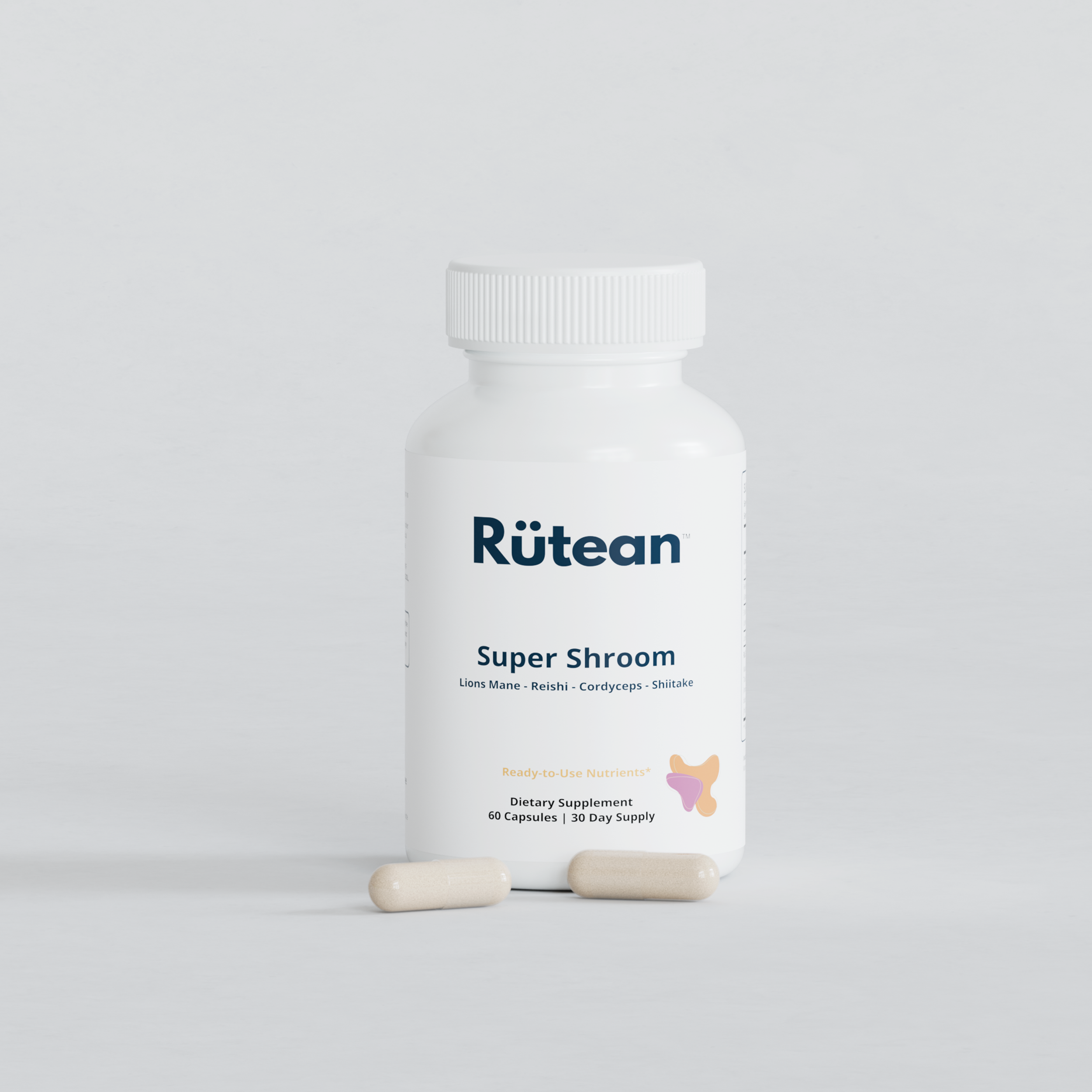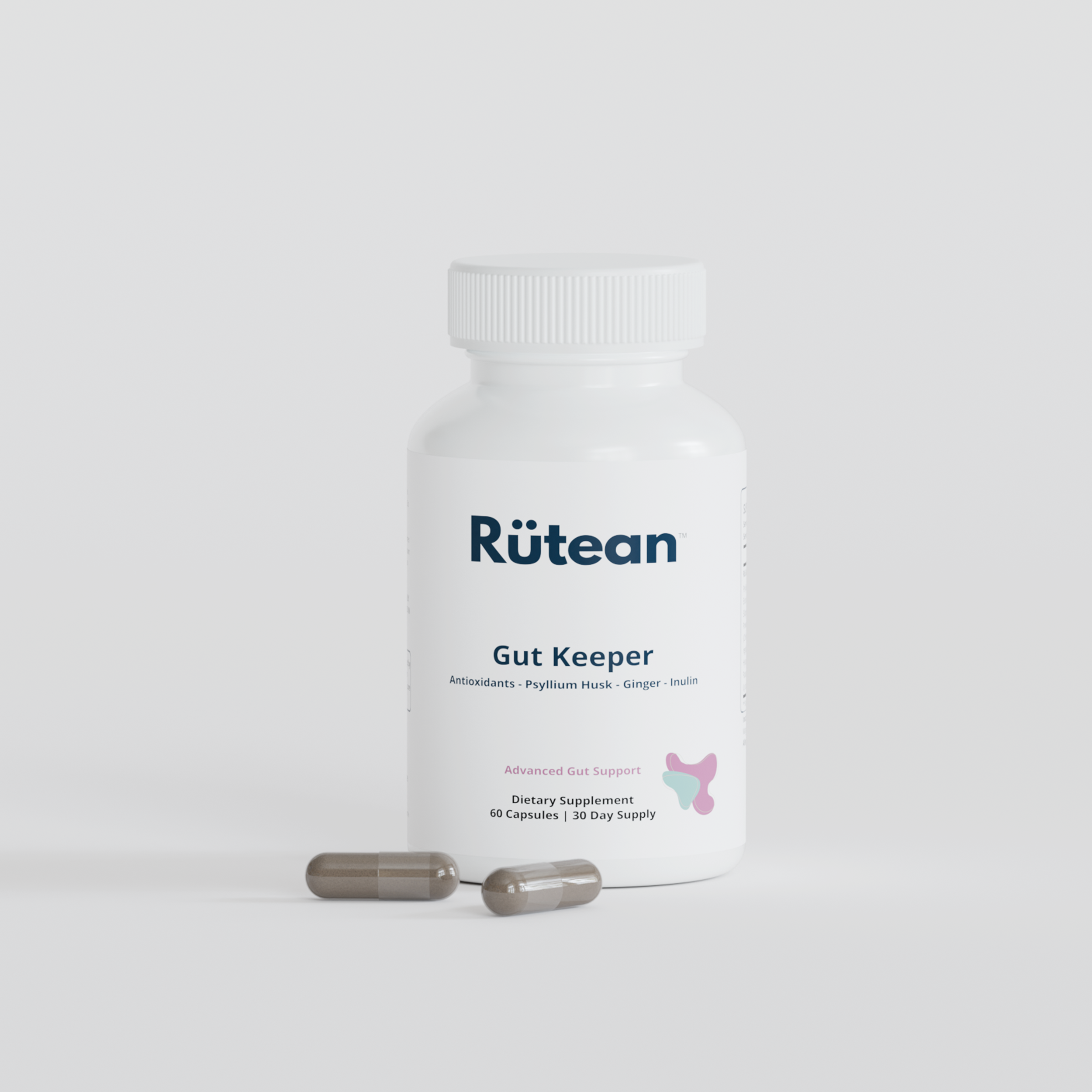Ginger root, scientifically known as Zingiber officinale, is more than just a flavorful addition to many dishes around the world—it's also packed with powerful health benefits. This aromatic spice has been used in culinary and medicinal practices for thousands of years, especially in Asian, Indian, and Arabic herbal traditions. From soothing an upset stomach to fighting inflammation, ginger offers a plethora of health benefits that are supported by both historical use and modern scientific research. Let's delve into the various ways ginger can contribute to your health and well-being.
1 - Morning Sickness and Nausea
Ginger has been shown to alleviate nausea and vomiting related to motion sickness, pregnancy, and cancer treatments. It works by promoting the secretion of various digestive enzymes that neutralize stomach acid, thereby reducing the sensation of nausea and speeding up digestion. Additionally, ginger can help relax the smooth muscles in the gut lining, helping to ease stomach discomfort.
2 - Anti-inflammatory Properties
Ginger contains a substance called gingerol, which has powerful anti-inflammatory properties. This makes ginger a fantastic natural remedy for inflammatory conditions like arthritis. Studies have shown that people with osteoarthritis or rheumatoid arthritis experience significant reductions in pain levels and improvements in mobility when they regularly consume ginger either as a spice in food or as a supplement.
3 - Pain Relief
Beyond its anti-inflammatory effects, ginger has been observed to act as a natural pain reliever. This is particularly effective in treating exercise-induced muscle pain. Consuming ginger daily can result in moderate to large reductions in muscle pain caused by muscle injury and exercise. This pain-relieving property is believed to stem from ginger’s ability to inhibit the body’s production of prostaglandins, which are inflammatory compounds that lead to pain.
4 - Cardiovascular Health
Ginger's benefits extend to the health of your cardiovascular system. It can help lower cholesterol levels, which is a significant risk factor for heart disease. The compounds in ginger can lead to reductions in total cholesterol and blood triglyceride levels, as well as promote the health of your blood vessels by preventing platelet aggregation, reducing the risk of atherosclerosis.
5 - Blood Sugar Regulation
Emerging research suggests that ginger may also play a role in managing blood sugar levels, making it a valuable dietary addition for people with diabetes. A recent study indicated that ginger supplementation could help lower blood sugar levels and improve hemoglobin A1c - HBA1c, a marker for long-term blood glucose levels.
Conclusion
Ginger root offers an impressive array of health benefits that make it a worthy addition to your diet. Whether used fresh, dried, juice or as a supplement form, ginger can contribute significantly to your overall health.



